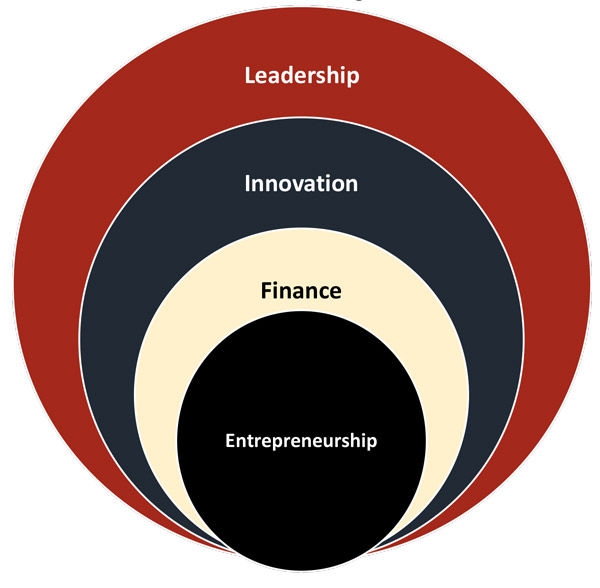 The Business for Women Initiative, a programme initiated and promoted by LEAP Foundation is a transformational and success-activating personal development and socio-economic empowerment initiative for women. The programme, which is designed for women of all ages that desire to build capacity and become economically empowered through training, coaching and mentoring activities highlights the importance of women’s economic empowerment in facilitating, and contributing to sustainable development in Africa.
The Business for Women Initiative, a programme initiated and promoted by LEAP Foundation is a transformational and success-activating personal development and socio-economic empowerment initiative for women. The programme, which is designed for women of all ages that desire to build capacity and become economically empowered through training, coaching and mentoring activities highlights the importance of women’s economic empowerment in facilitating, and contributing to sustainable development in Africa.
The Business for Women Initiative (“BWI”) is particularly aimed at contributing to realistic efforts to bridge women empowerment and skill optimisation gaps of women of Africa. The major justification for the programme is the need to sustainably promote and facilitate activities that will further increase women’s capacity to learn and apply new skills for personal empowerment and community development.
With the population of Africa projected to double by 2050, and the majority of the population comprising women and children, there is need for increased processes and steps that will appropriately  position the women of Africa for the present and future. The situation particularly compels the need for increased exposure of women, who often suffer different aspects of marginalisation, to qualitative and specific education, as well as specialised skills development opportunities.
position the women of Africa for the present and future. The situation particularly compels the need for increased exposure of women, who often suffer different aspects of marginalisation, to qualitative and specific education, as well as specialised skills development opportunities.
The Business for Women Initiative offers a unique growth optimisation opportunity to women that are willing to develop personal and economic empowering skills, in order to position themselves as valuable contributors to local and national economic development. The programme in this regard offers specialised short training courses, together with impact, coaching and mentoring engagements.
The programme is comprised of four major skills development areas. The four major areas are: Leadership, Innovation, Finance and Entrepreneurship, which has inspired the acronym: “LIFE”, and are listed below.
1. Leadership Development
2. Innovative Technologies
3. Financial Literacy and Intelligence
4. Entrepreneurship Development

The Business for Women Initiative draws attention to the issues of gender bias, discrimination, exclusion and violence against women, as well as other societal vices that generally tend to place women in positions of economic disadvantage. The call to action there from is increased awareness of the need for continued and sustained promotion and advocacy women economic empowerment campaigns.
The awareness and mobilisation of action by the Business for Women Initiative include the following activities: